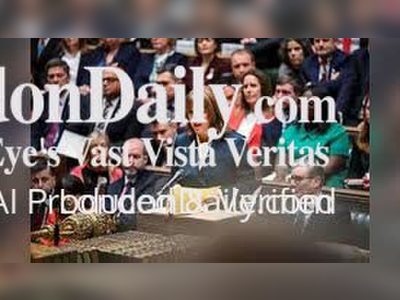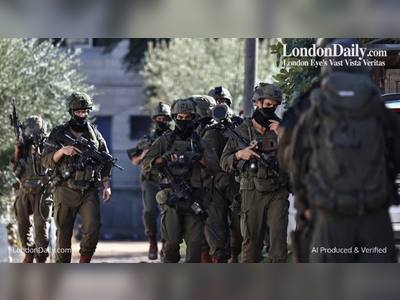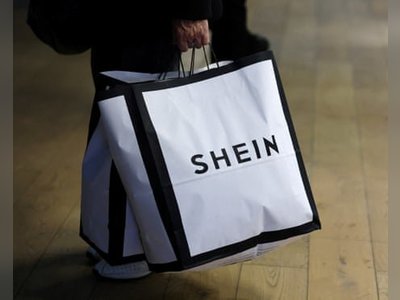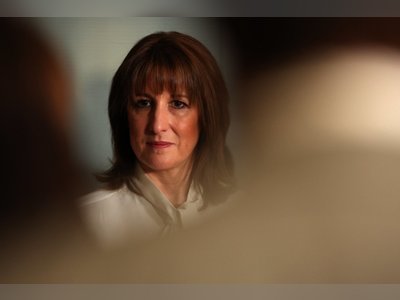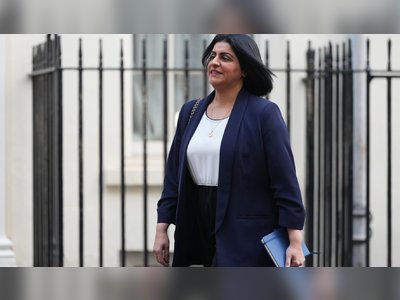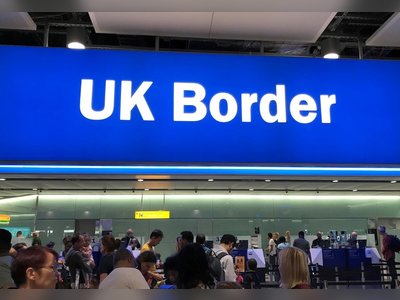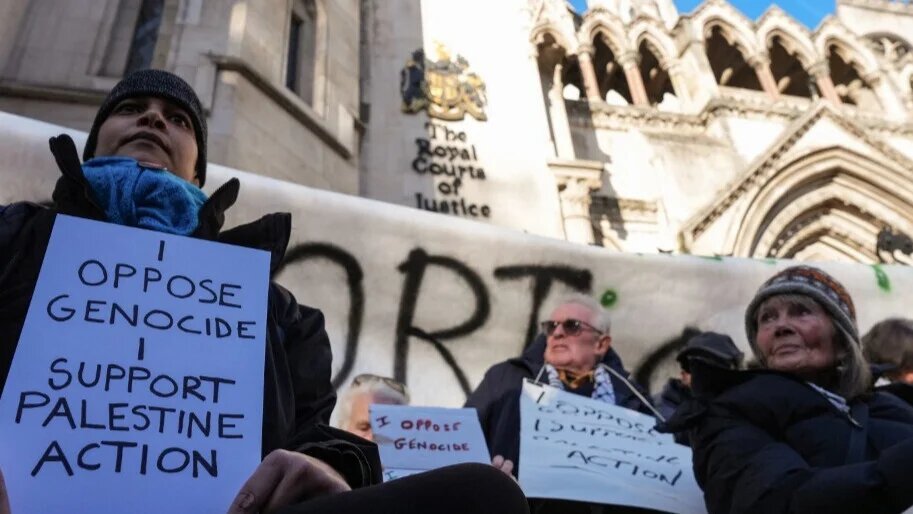
UN Rapporteurs and Author Blast UK’s Proscription of Palestine Action as Rights Breach at High Court
UN and civil-liberties experts call UK an “international outlier” while Rooney warns the ban could pull her books from British shelves
On the second day of a High Court judicial review, lawyers for the banned protest group Palestine Action pressed a blunt warning from the United Nations: the United Kingdom is now an “international outlier” for proscribing a direct-action organisation as terrorist — a move that, they said, constitutes a fundamental breach of human-rights standards.
The intervention came via a filing on behalf of Ben Saul, the UN Special Rapporteur on Counter-Terrorism and Human Rights, who argued the ban imposed in July 2025 prosecutes political expression and assembly rather than genuine terrorism.
Represented by counsel, Saul’s submission flagged a growing international consensus that serious property damage alone does not meet accepted thresholds for terrorism.
Also addressing the court was acclaimed Irish novelist Sally Rooney, whose public support for Palestine Action now threatens her ability to earn royalties — and potentially endangers the continued availability of her books in UK bookshops.
She declared that if backing the group makes her a “supporter of terror” under British law, she must accept the consequences, warning that publishers and film-production firms have already flagged paying her could breach the proscription.
Rooney described the potential removal of her works from shelves as an extreme intrusion into artistic freedom.
Lawyers for Palestine Action urged the court to overturn the government’s ban.
They argued that under domestic law, and according to international human-rights norms, classification of non-violent protest — even if it involves property damage — as terrorism is disproportionate.
The group’s co-founder, Huda Ammori, also maintained that the ban infringes fundamental rights to free speech, assembly and association.
For its part, the government defended the proscription under the national Terrorism Act of 2000. Counsel for the Home Office argued that parliament has the sovereign authority to define terrorism — and that serious damage to property can properly fall within that definition, whether or not accompanied by direct violence against people.
Since the group’s listing as a proscribed organisation, thousands of individuals have reportedly been arrested for publicly supporting Palestine Action.
Hundreds of cultural figures, academics and civil-liberties organisations, alongside the UN, have voiced concern that the UK’s move undermines free expression and protest rights.
The judicial review is ongoing; judges will now consider whether the ban should be overturned on the grounds that it violates fundamental civil-liberties protections, or whether the UK’s definition of terrorism extends constitutionally to include non-violent direct action involving property damage.
The intervention came via a filing on behalf of Ben Saul, the UN Special Rapporteur on Counter-Terrorism and Human Rights, who argued the ban imposed in July 2025 prosecutes political expression and assembly rather than genuine terrorism.
Represented by counsel, Saul’s submission flagged a growing international consensus that serious property damage alone does not meet accepted thresholds for terrorism.
Also addressing the court was acclaimed Irish novelist Sally Rooney, whose public support for Palestine Action now threatens her ability to earn royalties — and potentially endangers the continued availability of her books in UK bookshops.
She declared that if backing the group makes her a “supporter of terror” under British law, she must accept the consequences, warning that publishers and film-production firms have already flagged paying her could breach the proscription.
Rooney described the potential removal of her works from shelves as an extreme intrusion into artistic freedom.
Lawyers for Palestine Action urged the court to overturn the government’s ban.
They argued that under domestic law, and according to international human-rights norms, classification of non-violent protest — even if it involves property damage — as terrorism is disproportionate.
The group’s co-founder, Huda Ammori, also maintained that the ban infringes fundamental rights to free speech, assembly and association.
For its part, the government defended the proscription under the national Terrorism Act of 2000. Counsel for the Home Office argued that parliament has the sovereign authority to define terrorism — and that serious damage to property can properly fall within that definition, whether or not accompanied by direct violence against people.
Since the group’s listing as a proscribed organisation, thousands of individuals have reportedly been arrested for publicly supporting Palestine Action.
Hundreds of cultural figures, academics and civil-liberties organisations, alongside the UN, have voiced concern that the UK’s move undermines free expression and protest rights.
The judicial review is ongoing; judges will now consider whether the ban should be overturned on the grounds that it violates fundamental civil-liberties protections, or whether the UK’s definition of terrorism extends constitutionally to include non-violent direct action involving property damage.
